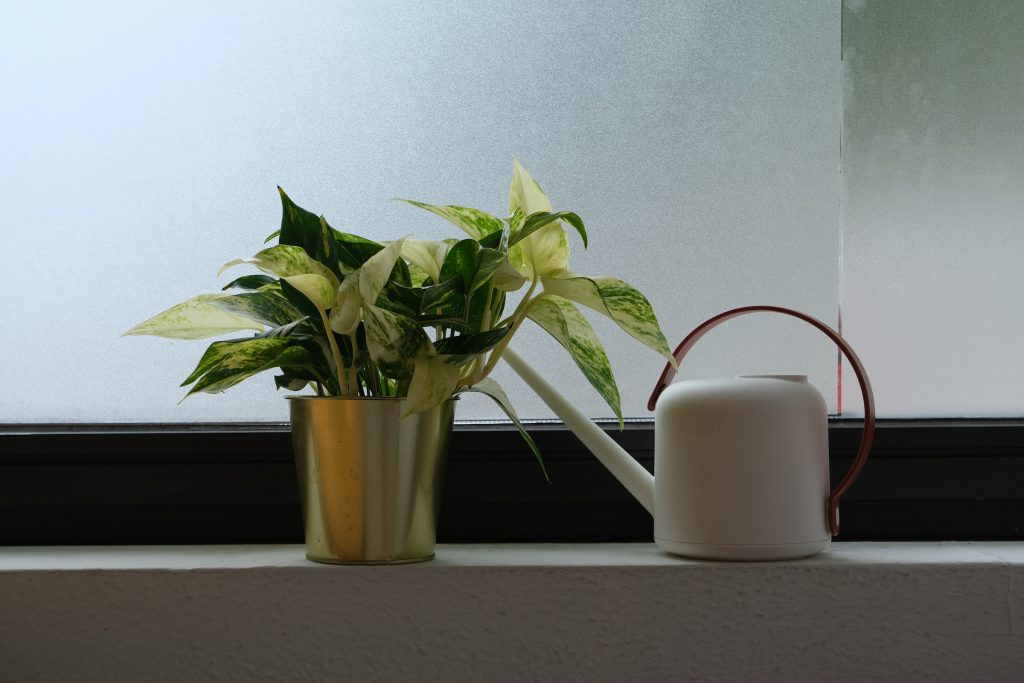Indoor plants not only add beauty and life to our living spaces but also play a vital role in improving air quality. Just like outdoor plants, indoor plants need proper care, and one of the most crucial aspects of plant care is watering. But have you ever wondered what type of water is best for your indoor plants? Let’s delve into the details.

The natural hydration of plants
In their natural habitat, plants rely on rain showers and morning dew to quench their thirst and absorb essential nutrients. These natural sources provide them with a balanced mix of minerals and other elements necessary for their growth. However, when it comes to indoor plants, relying on rainwater isn’t always feasible. So, what’s the next best thing?
Options for watering indoor plants
1. Rainwater:
Free and packed with essential trace elements, rainwater is undoubtedly the best option for plants. If you have a garden or terrace, consider installing a rainwater harvesting system or simply placing containers to collect rainwater. However, for those living in apartments, collecting rainwater might be a challenge.
2. Tap water:
A readily available option, tap water can be a good alternative for watering plants, but with a few caveats. Some plants, especially those that prefer acidic environments (like many ferns and carnivorous plants), might not thrive with regular tap water due to its often high calcium and chlorine content. While tap water does provide essential nutrients like calcium, magnesium, and phosphorus, the excess minerals can hinder plant growth, especially in sensitive species.
3. Bottled mineral water:
While it might seem like a luxurious choice, bottled mineral water is not always the best for plants. Its high mineral content can be detrimental to plants if used regularly. Over time, these excess minerals can accumulate in the soil, affecting plant growth and health.
4. Spring water:
A more suitable alternative to mineral water, spring water is free from chemicals and preservatives and has a lower mineral content. It closely mimics the natural water sources that plants are accustomed to and can be a good substitute for rainwater.
5. Distilled or demineralized water:
Stripped of all minerals, distilled water merely hydrates the soil without providing any nutrients. While it might not be suitable for most plant varieties, certain species, like carnivorous plants that derive their nutrients from insects, can benefit from distilled water. Additionally, distilled water is perfect for misting plants, ensuring that no mineral residues are left on the leaves.
Conclusion
Watering is a fundamental aspect of plant care, and using the right type of water can make a significant difference in the health and growth of your indoor plants. While rainwater remains the gold standard, understanding the pros and cons of other water sources can help you make an informed decision. Remember, the key is to observe your plants and adjust your watering practices based on their needs. A well-hydrated plant is a happy plant!

 Open Immovlan
Open Immovlan